Tanks are reportedly rolling into Gaza after the Israeli military warned it was “expanding operations” into the besieged territory.
In a major escalation of the conflict in the Middle East, Israel has reportedly sent tanks into the Gaza Strip and ramped up air strikes after warning it was “expanding operations” into the besieged area.
Israel warned remaining residents of Gaza City to move south ahead of the oncoming bombardment.
At a Friday evening press conference, local time, the Israeli military said it was increasing its strikes in Gaza “in a very significant way”.
Extensive and intense bombing of the northern area of Gaza lit the night skies on Friday, local time, while internet services and phone networks had been cut. Rockets have also been fired from Gaza into Israel overnight.
On Friday, a Hamas rocket made it past Israel’s vaunted Iron Dome system and injured three when it hit an apartment building in Tel Aviv.
The UN general assembly has voted overwhelmingly for an “immediate, durable, and sustainable humanitarian truce” in the Middle East to deliver aid to Palestinians in the Gaza Strip.
A resolution drafted by Jordan received the support of 120 countries – the United States and Israel were among the 14 member nations that voted against it – that condemned all acts of violence aimed at Palestinian and Israeli civilians, including terrorism.
It passed without an amendment from the US and Canada to specifically condemn Hamas and calling for the immediate and unconditional release of hostages.
Israel’s ambassador to the UN Gilad Erdan condemned the vote for not singling out Hamas in the resolution.
“Israel categorically rejects the General Assembly resolution passed this afternoon that does not even name Hamas — not once! As if this war started on its own!” Mr Erdan wrote on X.
He said the decision would “go down in infamy” for not acknowledging the hostages held in the conflict.
“Israel will continue to defend itself. Israel will do what must be done to eradicate Hamas’ capabilities and bring the hostages home.”
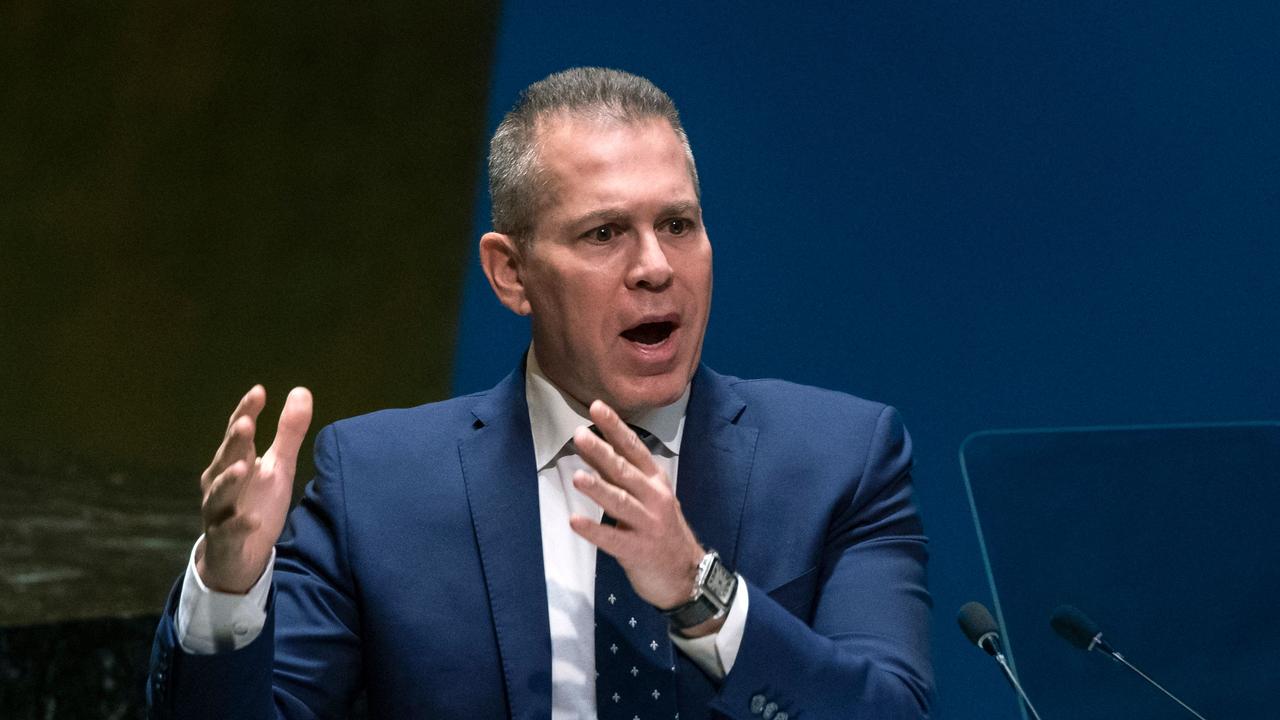
The Israel Defence Force has said this week it can’t guarantee the safety of journalists in Gaza, after a request from the Reuters news agency and AFP that media not be targeted in the ongoing conflict.
In response to the request, the IDF reportedly said Hamas was deliberately putting its military operations “in the vicinity of journalists and civilians”, according to Reuters.
“The IDF is targeting all Hamas military activity throughout Gaza,” the IDF said in a letter to Reuters.
“Under these circumstances, we cannot guarantee your employees’ safety, and strongly urge you to take all necessary measures for their safety.”
The Committee to Protect Journalists says it has documented the deaths of at least 29 journalists since Hamas’ October 7 attack on Israel.
Israel: ‘Tonight we are starting payback’
A senior adviser to Israeli prime minister Benjamin Netanyahu has said Israel is “beefing up the pressure” on Hamas as it escalates air strikes on Gaza.
“Tonight we are starting payback,” Mark Regev said in an interview with MSNBC, per The Guardian.
“When this is over, Gaza will be very different.”
Mr Regev said Israel would continue its strikes until it had destroyed the Hamas “military machine” and dismantled its control of Gaza.
He also addressed reports of a communications blackout across the Gaza Strip, and said such tactics had been “standard operational procedure” when other countries were involved in military operations.
“If we want to hit targets in Gaza. we want to see that their command and control is disrupted, I think that’s good military logic.”
‘Moment of truth’
UN secretary general Antonio Gueterres posted on X a short time ago to call for a ceasefire, saying “this is a moment of truth”.
“I repeat my call for a humanitarian ceasefire in the Middle East, the unconditional release of all hostages, and the delivery of lifesaving supplies at the scale needed,” he said. “Everyone must assume their responsibilities. This is a moment of truth. History will judge us all.”
It comes as a ground invasion of by Israel could be imminent after two days of overnight incursions by tanks into the Hamas controlled Gaza Strip.
But around 200 hostages remain in the Palestinian territory with just four freed. Multiple nations, including the US, have pleaded for at the very least “humanitarian pauses” so the millions of Palestinians in Gaza can get access to food, water and international aid.
Israel declared war after 1400 people were killed on October 7 by Hamas in a bloody cross border raid. Subsequent air strikes by Israel on Gaza are now said to have killed as many as 7000 Palestinians, although the numbers have been disputed.
“We will continue to strike in Gaza City and around,” military spokesman Daniel Hagari said in a televised address on Friday.
“In recent hours we have increased the attacks in Gaza. The air force widely attacks underground targets and terrorist infrastructure, very significantly.”
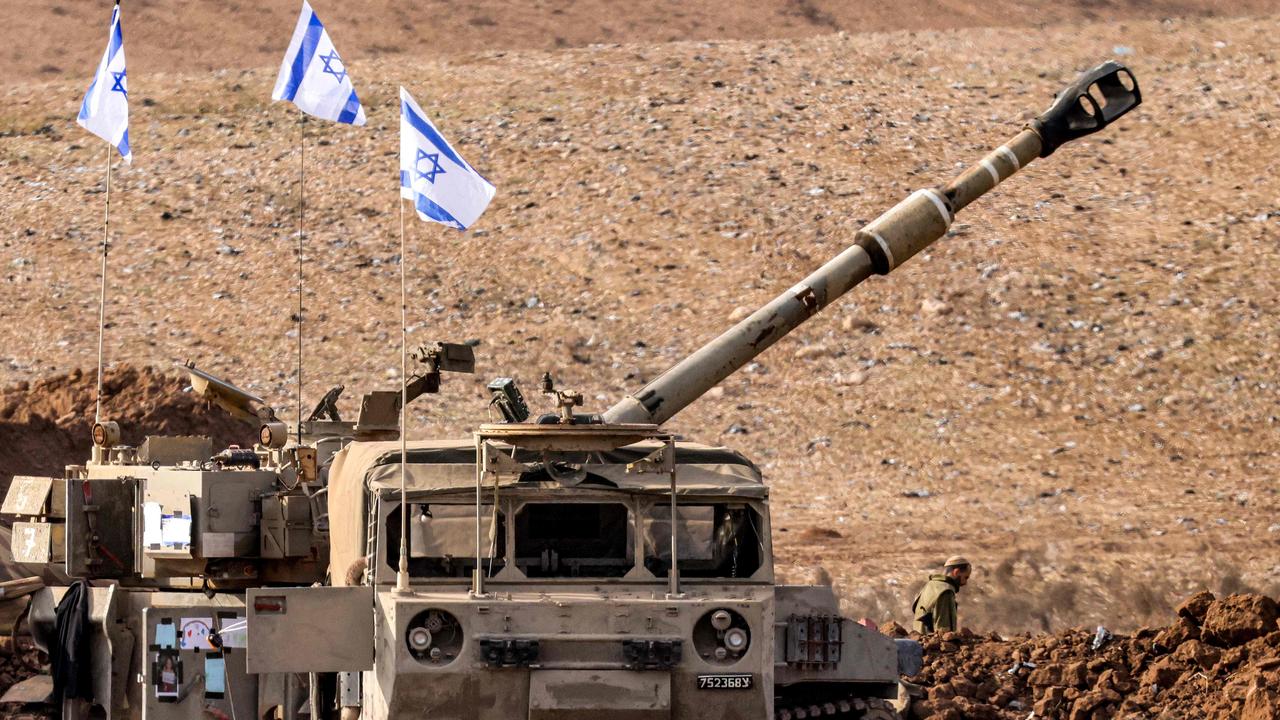
At around the same time as the Israeli military announced it was stepping up operations, communications went down on the Gaza Strip.
The Palestine Red Crescent Society has said that it has “completely lost contact” with its staff.
Israel has not commented on the communications outage.
But the Hamas government said Israel “cut communications and most of the internet” across the Gaza Strip.
The government’s media office accused Israel of taking the measure “to perpetrate massacres with bloody retaliatory strikes from the air, land and sea,” as heavy strikes hit northern Gaza.
AFP journalists in Gaza confirmed they were only able to communicate in limited areas where they could connect to Israeli networks across the border.
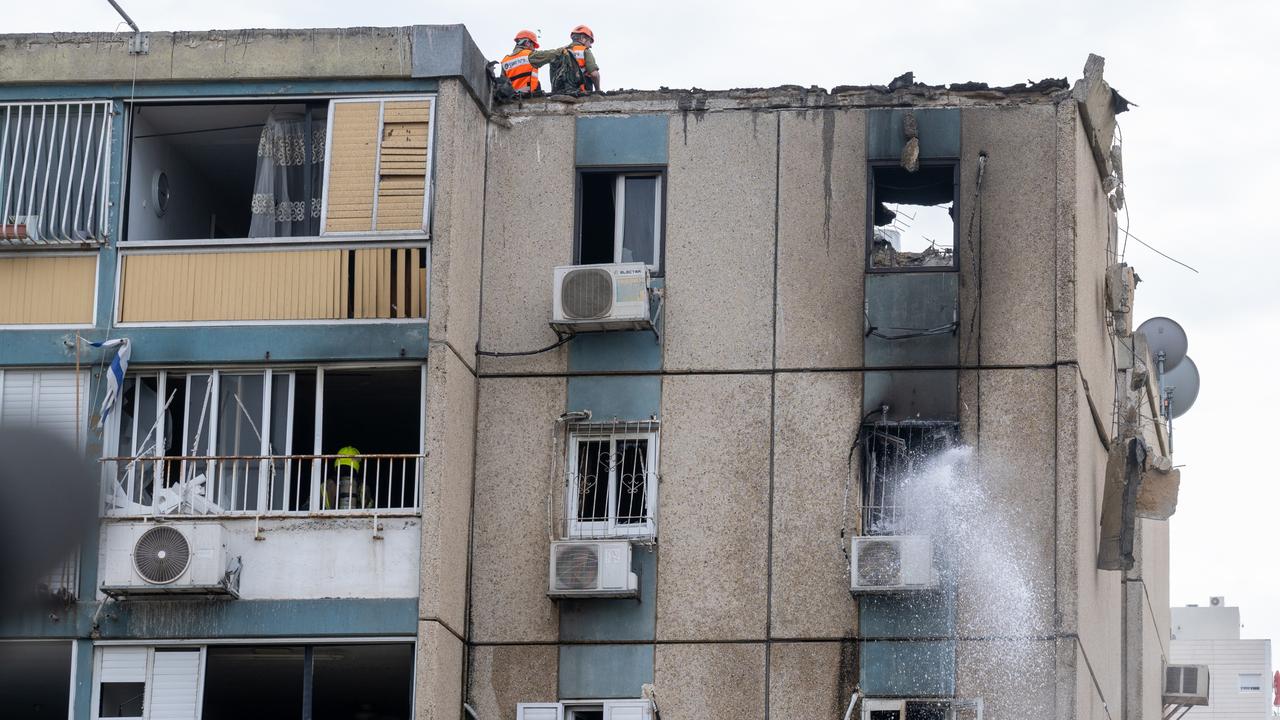
Palestinian telecoms provider Jawwal announced “the total cut of all communication services and internet” in the territory.
“The heavy bombardment in the last hour destroyed all remaining international routes connecting Gaza to the outside world,” Jawwal wrote on its Facebook page.
Global internet monitor NetBlocks reported “a collapse in connectivity in the Gaza Strip with high impact to Paltel,” Jawwal’s owner, citing live network data.
“The company is the last remaining major operator to supply service as connectivity declines amid ongoing fighting with Israel,” NetBlocks wrote on X, formerly Twitter.
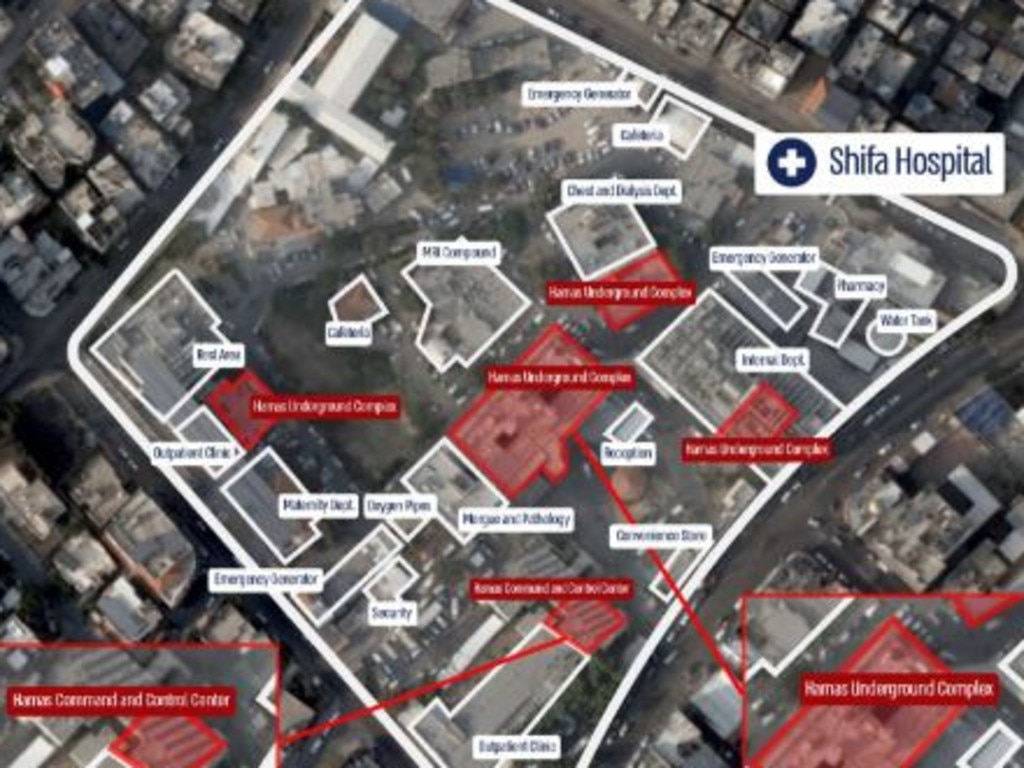
Israel has accused Hamas of housing its main command centre beneath Gaza City’s Al Shifa hospital. It is the biggest hospital in the territory.
It said entrances to the infamous tunnel network lead from the hospital grounds but Hamas has denied the accusations.
Earlier, US fighter jets carried out air strikes against two facilities in Syria.
It follows a number of rocket attacks against US bases in the Middle East. The US has said Iran had a role in the attacks.
US defence secretary Lloyd Austin said the sites were used by Iran’s Islamic Revolutionary Guard Corps and militias backed by Tehran.
He added that the strikes were not directly connected to the situation in Israel and Gaza but rather were “narrowly tailored in self-defence”.
“Iran wants to hide its hand and deny its role in these attacks against our forces. We will not let them,” he said.
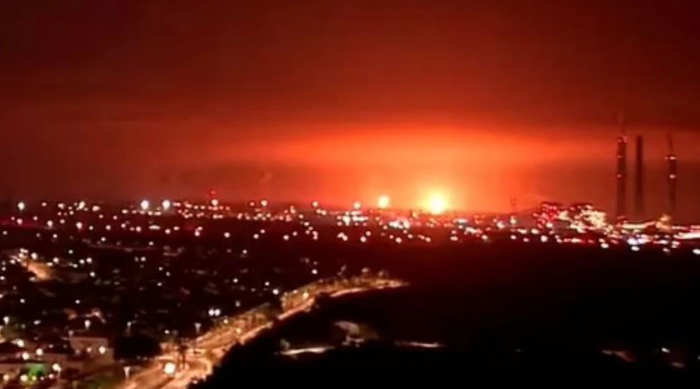
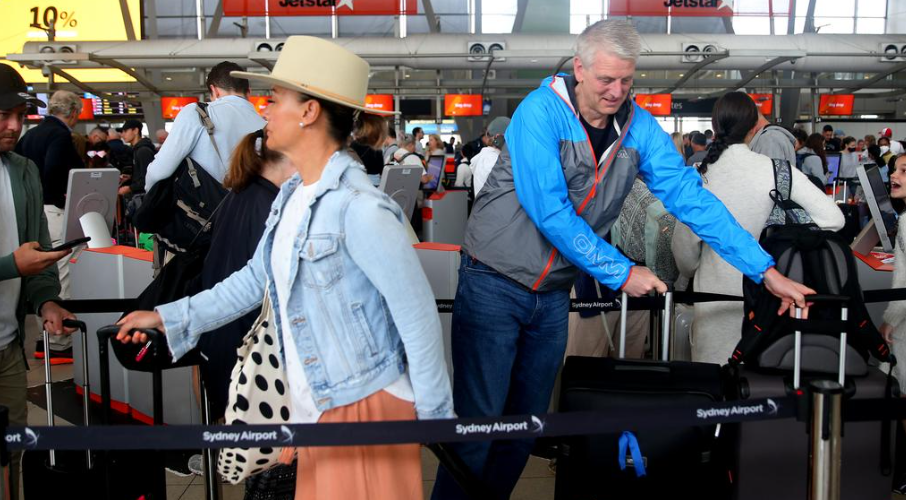
Leave a Reply